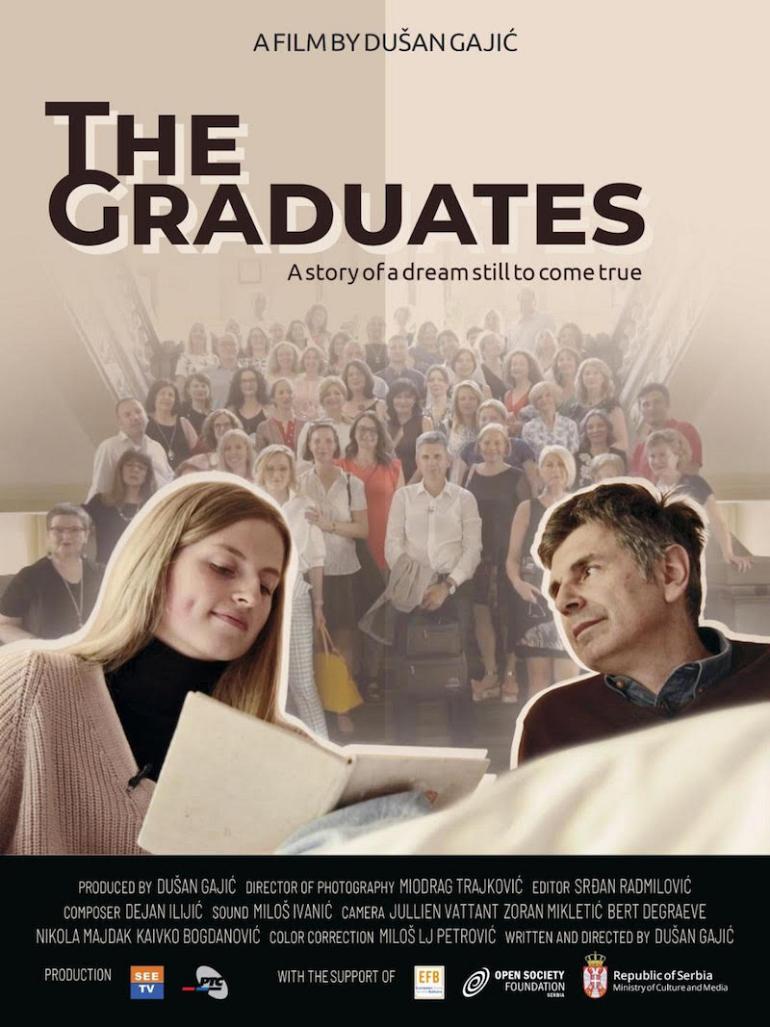The war in Ukraine revealed a deep crisis of Serbia’s identity : although a candidate for EU membership, Serbia is unable to see things as the rest of the continent. The documentary was filmed before the war, but it sheds light on the roots of this ambivalent attitude
Serbian high school graduates get together, 30 years later, in their former Belgrade classroom.
They finished school in 1989. It was the year of the fall of the Berlin Wall, and their horizons seemed wide open towards Europe and the world. But instead, the Yugoslav wars broke out.
What’s left today of the broken dreams of this generation ?
Their country, Serbia, is part of the so-called “Western Balkans”. A grey spot on the map of Europe. Not only have the Western Balkans not yet become part of the European Union, but today we are talking about a possible return to the conflicts and wars seen during the 1990s.
What went wrong ?
The spotlight of the story is on Serbia, the author’s home country. Through conversations with former classmates and questions from his daughter growing up in Brussels, the author tries an introspection of what has happened in the past 30 years. Today, in 2022, the Serbian society is still entangled in some of the issues that have plagued it already back in 1989 : Kosovo, the relations with its neighbours, the EU perspective, the state of democracy.
Has the author’s generation missed the historic opportunity to anchor Serbia in the European fold ?
The Graduates has so far been selected for Stockholm Film and TV Festival (finalist in the documentary category), Beyond Border International Film Festival, Docs without borders festival, USA, Florence Film Awards, Brno Film Festival (Slovakia), Brussels Capital Film Festival
The author of the film is Serbian journalist and longtime Brussels correspondent Dusan Gajic
The film was shot in Belgrade, Brussels, The Hague and Vienna, produced with the support of the European Fund for the Balkans, the Open Society Foundation, the Serbian Ministry of culture and Radio Television of Serbia.









